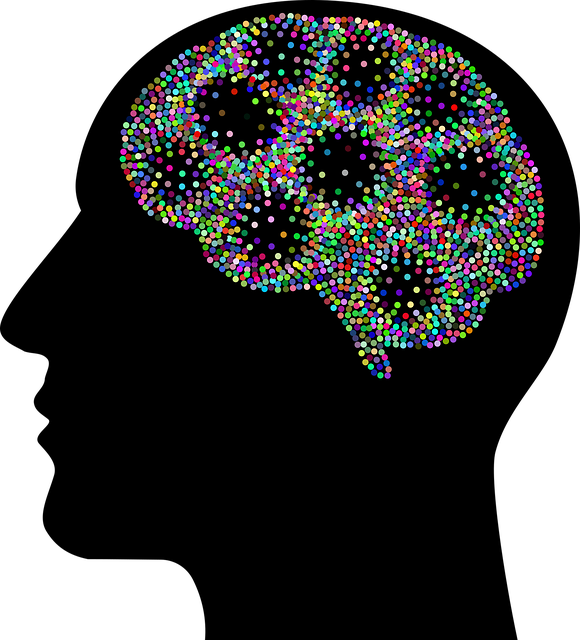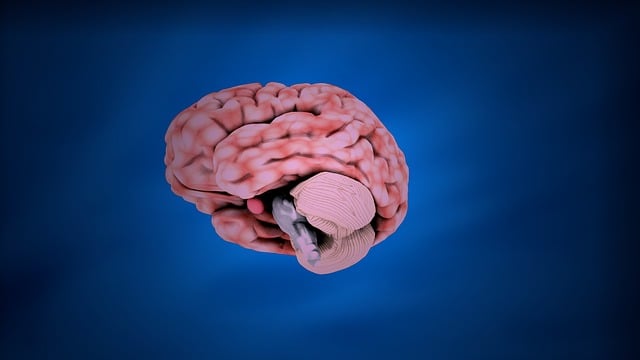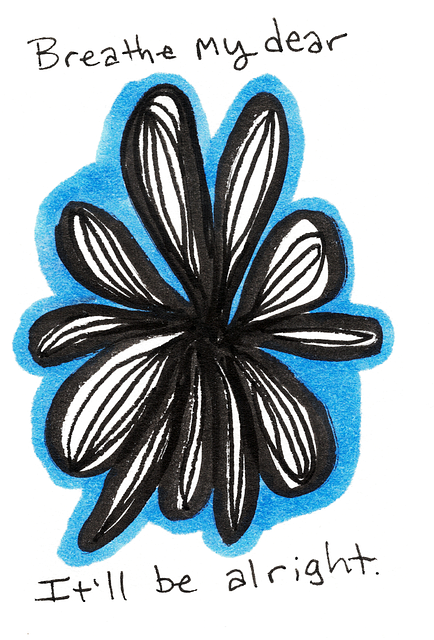Mental health education programs, like those offered by Arvada Mindfulness Therapy, are essential for promoting emotional well-being in today's fast-paced world. These programs equip individuals with skills to manage mental health effectively, foster cultural sensitivity in healthcare, and teach tailored self-care routines. By integrating mindfulness techniques and evidence-based practices, these initiatives have the potential to revolutionize mental wellness approaches, leading to happier and healthier communities. Arvada Mindfulness Therapy serves as a successful model, combining traditional practices with empathy-building strategies to reduce depression symptoms and enhance mental resilience. Effective implementation involves strategic planning, tailored curriculum design, and promotion through various channels, while continuous improvement is ensured through diverse evaluation methods.
Mental health is a cornerstone of overall well-being, yet it often goes overlooked until crises arise. To address this gap, effective mental health education programs are crucial. This article explores the design of such programs, drawing on a case study of Arvada Mindfulness Therapy. We’ll delve into key components, implementation strategies, and success measurement techniques, offering insights that can guide schools, workplaces, and communities in fostering healthier individuals and stronger societies.
- Understanding the Need for Mental Health Education Programs
- Key Components of an Effective Program
- Arvada Mindfulness Therapy: A Case Study
- Implementing and Promoting Your Program
- Measuring Success and Continuous Improvement
Understanding the Need for Mental Health Education Programs

In today’s fast-paced world, the importance of mental health education programs cannot be overstated, especially in communities like Arvada Mindfulness Therapy where promoting emotional well-being is a collective effort. These programs are designed to equip individuals with the knowledge and skills needed to recognize and manage their mental health effectively. With increasing awareness about the prevalence of mental health issues, there is a growing need for accessible and comprehensive education that goes beyond traditional therapy settings.
Mental health education plays a pivotal role in fostering cultural sensitivity within healthcare practices, ensuring diverse populations feel understood and supported. It teaches individuals how to cultivate self-care routines tailored to their unique needs, thereby empowering them to take proactive measures for better mental health. By integrating emotional well-being promotion techniques into daily lives, these programs have the potential to revolutionize how society approaches mental wellness, ultimately leading to happier and healthier communities.
Key Components of an Effective Program

An effective mental health education program should incorporate several key components to ensure it meets its objectives and has a lasting impact on participants. One of the primary focuses is integrating evidence-based practices, such as mindfulness techniques popularized by Arvada Mindfulness Therapy. These practices have been shown to reduce stress, improve emotional regulation, and enhance overall well-being. By teaching individuals how to cultivate mindfulness, programs can empower them to better manage their mental health, thereby preventing burnout, a significant concern among healthcare professionals.
Additionally, risk management planning for mental health professionals is crucial in creating a safe learning environment. This involves equipping educators with the knowledge and skills to identify and mitigate potential risks or challenges that may arise during program delivery. Incorporating Healthcare Provider Cultural Competency Training ensures that the curriculum addresses diverse perspectives and needs, fostering an inclusive atmosphere that respects different cultural backgrounds. Such training also enhances the ability of professionals to connect with a broader range of clients, thereby improving treatment outcomes.
Arvada Mindfulness Therapy: A Case Study

Arvada Mindfulness Therapy, a pioneering program in its region, serves as an excellent case study for effective mental health education and treatment. This initiative focuses on teaching individuals practical mindfulness techniques to enhance their overall well-being. Through structured workshops and personalized sessions, participants learn to cultivate present-moment awareness, a cornerstone of mindfulness practice. By engaging in activities that promote self-reflection, meditation, and breathing exercises, the program empowers individuals to manage stress and anxiety effectively.
The therapy’s success lies in its holistic approach, combining traditional mindfulness practices with empathy-building strategies. Trained facilitators guide participants through emotional healing processes, teaching them to recognize and express their feelings constructively. This combination of mindfulness techniques and emotional intelligence development has been shown to significantly reduce symptoms of depression and improve overall mental resilience. Arvada Mindfulness Therapy’s innovative model offers a promising direction for community-based mental health interventions, emphasizing the power of accessible education in fostering better mental health outcomes.
Implementing and Promoting Your Program

Implementing an effective mental health education program requires careful planning and strategic promotion. Once your curriculum is designed, the next step is to ensure its successful rollout. Start by identifying target audiences—schools, workplaces, or communities—and tailoring your approach to meet their unique needs. Consider hosting introductory workshops or webinars to spark interest and provide a glimpse into the transformative potential of your program.
Promoting your mental health initiative is crucial for attracting participants and fostering a culture of open dialogue. Leverage social media platforms, local community boards, and partnerships with influencers or established organizations like Arvada Mindfulness Therapy. By combining targeted outreach with compelling storytelling—highlighting testimonials from individuals who have benefited from similar programs—you can build momentum and encourage others to embrace the journey towards inner strength development and emotional healing processes.
Measuring Success and Continuous Improvement

Measuring success and incorporating continuous improvement are vital components of a comprehensive mental health education program. At Arvada Mindfulness Therapy, we utilize various qualitative and quantitative methods to evaluate the effectiveness of our initiatives. This includes pre-and post-program surveys, participant feedback forms, and in-depth interviews to understand the impact on individuals’ lives. By gathering such insights, we can identify areas for enhancement and ensure that our programs remain relevant and beneficial.
For instance, our Burnout Prevention Strategies for Healthcare Providers course has seen remarkable outcomes, as indicated by the participants’ self-reported improvements in stress management and resilience. We also track the adoption of Self-Care Routine Development for Better Mental Health practices among attendees, measuring their consistency over time. These data-driven approaches allow us to refine our teaching methodologies and adapt to evolving needs, thereby providing tailored support through Trauma Support Services as required.
Mental health education programs, such as the successful Arvada Mindfulness Therapy initiative, play a pivotal role in fostering well-being. By incorporating key components like awareness training, peer support, and accessible resources, these programs empower individuals to manage their mental health effectively. As we navigate a world where stress and anxiety are prevalent, schools, workplaces, and communities can greatly benefit from adopting evidence-based models like Arvada Mindfulness Therapy to create a more resilient and supportive environment for everyone’s mental well-being.














